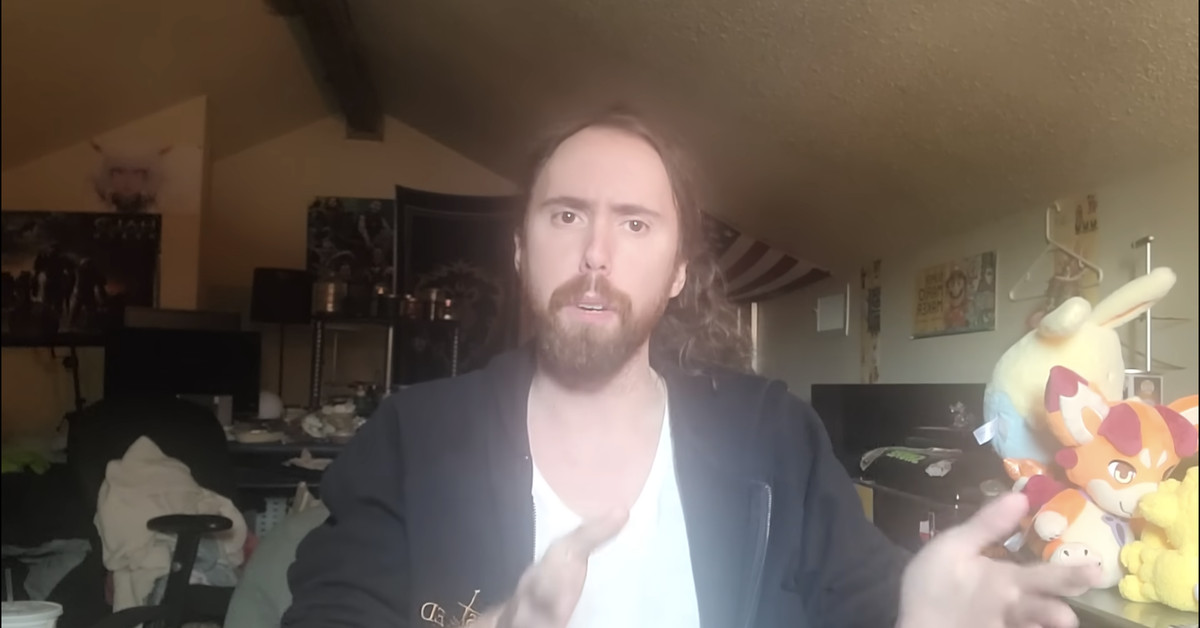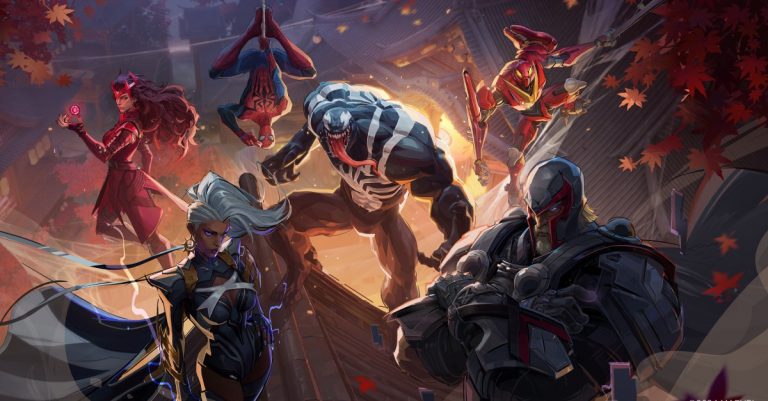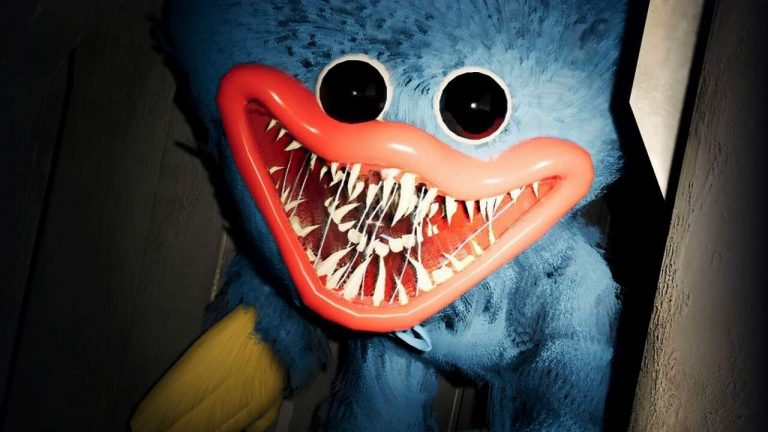Racism Scandal Rocks the World of Online Gaming: A Streaming Culture in Crisis

The Toxic Underbelly of Online Streaming Culture
The world of online streaming is a breeding ground for toxic behavior, and the latest controversy surrounding top Twitch streamer Asmongold’s racist rant against Palestinians is just the tip of the iceberg. Asmongold’s comments, which included saying "I don’t give a fuck" when asked about the deadly military campaign against Palestinians, are just one example of the harsh reality of online discourse.
Many online streamers and YouTube personalities are known for their incendiary language, and their actions have real-world consequences. Popular creators like PewDiePie have been accused of promoting antisemitic and xenophobic content, while others like Logan Paul have faced backlash for posting offensive videos.
But what’s new is the normalization of online toxicity, and the way it’s become a key aspect of the online streaming culture. The rise of "outrage" farming, where streamers and YouTubers manufacture controversy to get more views, has led to a toxic atmosphere where hate speech and discriminatory language are not only tolerated but celebrated.
According to a recent study, online hate speech has increased by 40% over the past year, with many of these incidents being linked to social media and online streaming platforms.
The consequences of this toxic online culture are far-reaching. Top streamers like Jack Doherty and Adin Ross are known for their controversial behavior, and their online presence has been linked to increased anxiety and depression among their viewers.
But what’s worth noting is that the biggest streamers are not immune to this toxic environment. Even Nick "Nickmercs" Kolcheff, who has millions of followers and subscribers, has faced backlash for using a slur against the trans community.
The phenomenon of online toxicity is not limited to the streaming world. The resurgence of Gamergate and the rise of anti-LGBTQ+ views have created a culture where discriminatory language is not only tolerated but encouraged.
The problem is not limited to the US, either. The rise of online hate speech has led to a global backlash, with many countries witnessing increased reports of online harassment and bullying.
The question is what can be done to address this issue. Is it possible to create a more positive online environment, where hate speech and discrimination are not tolerated? The answer lies in creating a culture of accountability, where streamers and online personalities are held responsible for their actions, and where acceptable behavior is rewarded with community engagement and financial success.
For now, the toxicity continues, and the views flow. But the consequences of this online culture will be devastating, and it’s up to us to change the narrative by promoting positivity, inclusivity, and respect for all.






